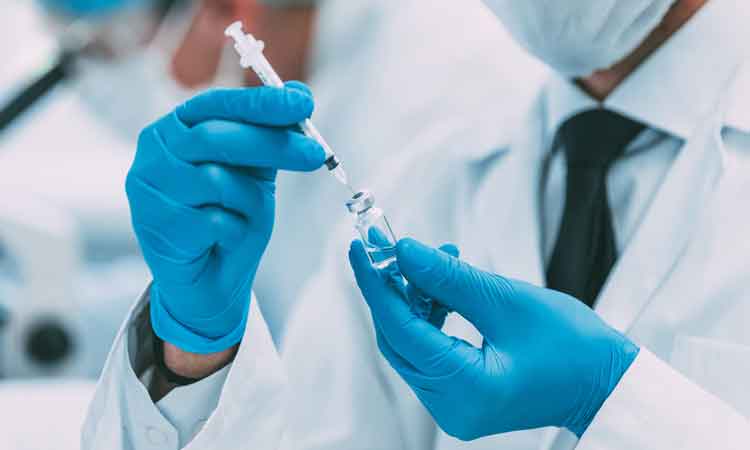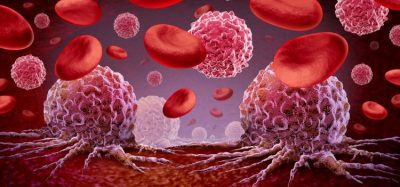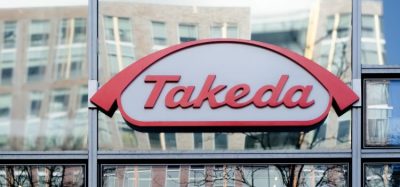Evusheld reduces risk of symptomatic COVID-19 in high-risk population
Posted: 21 April 2022 | European Pharmaceutical Review | No comments yet
Phase III trial shows Evusheld (tixagevimab and cilgavimab) significantly reduces the risk of developing symptomatic COVID-19 in vulnerable populations.


Results from the Provent Phase III pre-exposure prophylaxis (prevention) trial show AstraZeneca’s Evusheld (tixagevimab and cilgavimab), formerly AZD7442, reduce the risk of developing symptomatic COVID-19 by 77 percent in the primary analysis and by 83 percent in the six month follow-up analysis, compared to placebo.
There were no cases of severe disease or COVID-19 related deaths in the Evusheld group through the six-month follow-up.
In the Provent trial, more than 75 percent of the participants at baseline had co-morbidities that put them at high risk for severe COVID-19 if they were to become infected, including people who are immunocompromised and may have an inadequate immune response to vaccination.
Additional pharmacokinetic data showed that Evusheld concentrations remained elevated in serum for six months after administration, supporting that a single dose could provide long-term protection against COVID-19 lasting at least six months.
“While COVID-19 vaccines have been highly effective at reducing hospitalisation and death, cases continue to surge and many individuals remain at high risk, including immunocompromised individuals and those who cannot be vaccinated,” commented Dr Myron Levin, Professor of Pediatrics and Medicine, University of Colorado School of Medicine, US, and Provent principal investigator on the trial. “These important data provide confidence that one easily administered intramuscular dose of Evusheld could provide vulnerable populations long-lasting protection. In addition, Evusheld has been shown to neutralise BA.2, currently the dominant circulating COVID-19 variant.”
In the primary efficacy analysis, a single 300 mg intramuscular (IM) dose of Evusheld reduced the risk of developing symptomatic COVID-19 compared to placebo by 77 percent at a median follow up of 83 days. Symptomatic COVID-19 occurred in eight of 3441 (0.2 percent) and 17 of 1731 (one percent) participants in the Evusheld and placebo groups, respectively.
Compared to the primary analysis, the extended follow-up analysis demonstrated a greater reduction in COVID-19 incidence in the Evusheld group, with an 83 percent relative risk reduction (95 percent CI 66, 91) with Evusheld compared to placebo at a median follow up of 196 days. Symptomatic COVID-19 occurred in 11 of 3441 (0.3 percent) and 31 of 1731 (1.8 percent) participants in the Evusheld and placebo groups, respectively. Efficacy was generally consistent across participant subgroups, where evaluable.
Mene Pangalos, Executive Vice President, BioPharmaceuticals R&D, AstraZeneca, stated: “These data add to the growing body of evidence supporting the use of Evusheld to help prevent symptomatic and severe COVID-19, especially for those individuals who can’t respond adequately to vaccination and need additional protection. Evusheld is now available in many countries around the world, and we are progressing filings in pre-exposure prophylaxis as well as mild-to-moderate treatment.”
Related topics
Biologics, Biopharmaceuticals, Clinical Trials, Drug Development, Drug Safety, Pharmacokinetics, Research & Development (R&D), Therapeutics









